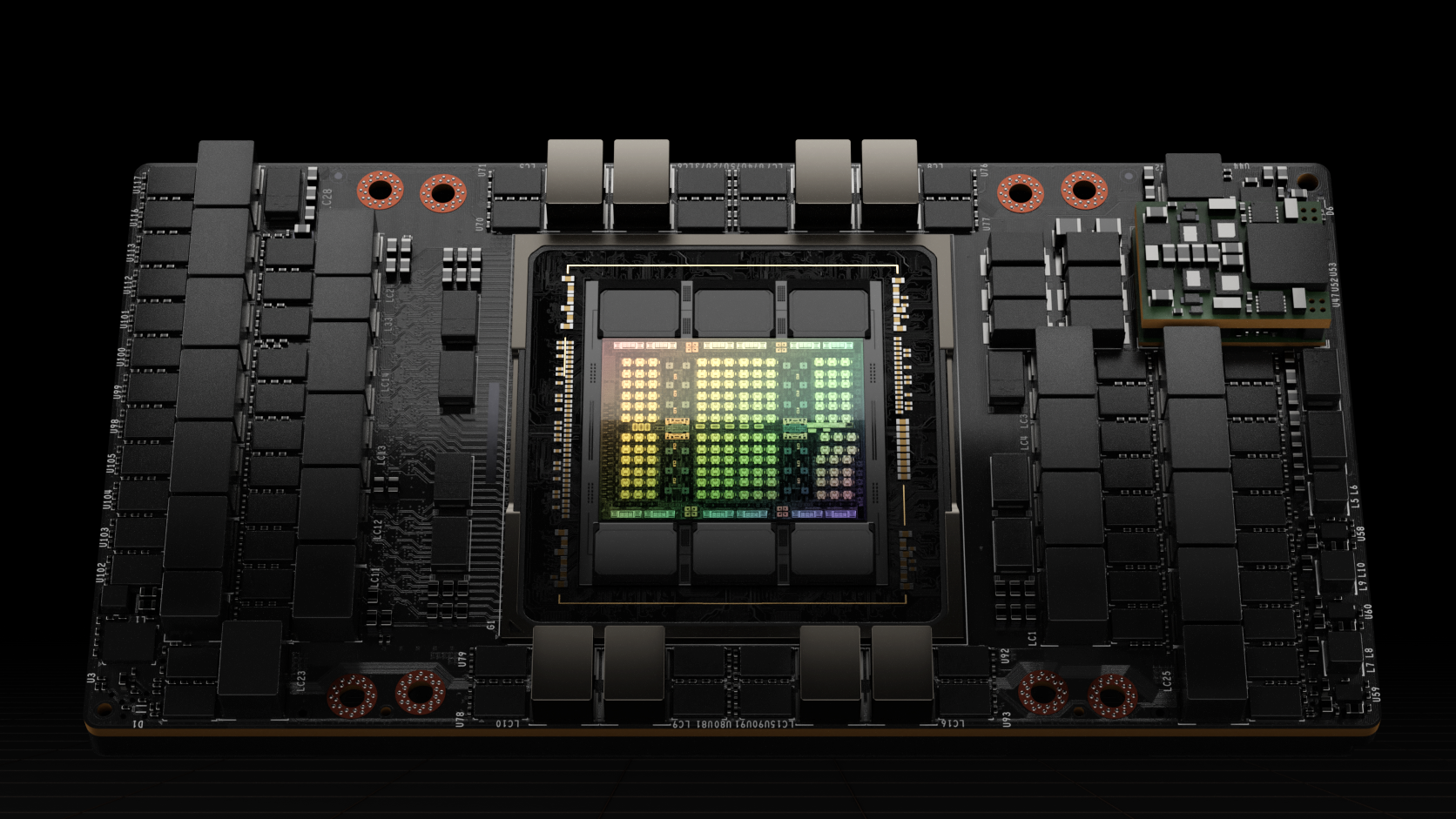DegustatoR
Legend
Streamline won't solve user facing options issues like the lack of sharpening slider or lock out of some presets in some games.I believe (I think they briefly mentioned this in the announcement somewhere as well?) is that they want to push to implement all these features via Streamline, and in that case all of these features are just separate plugins for Streamline. So you wouldn't actually implement DLSS 3 as something by itself (that has frame generation, upscaling, and the reflex low latency all in one), but you'd implement Streamline -> DLSS + Reflex + Frame Generation (or whatever it end up being called). At the moment Streamline has 4 plugins - DLSS, Reflex, NRD, and NIS. I believe each of these plugins itself than has a check if the hardware is supported and the DLSS check doesn't distinguish versions.
DLSS 3 as a term seems more like a marketing/branding term in terms of how it's currently being conveyed.
It is certainly possible that some developer house would require (for whatever mysterious reason) FG to be always on and won't allow you to disable it on Ada.
Not an Nvidia problem though.


